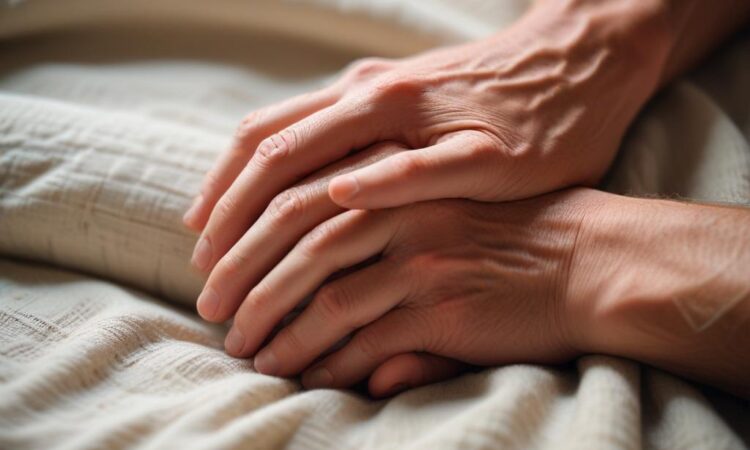California Man’s Plea: A Dying Wish and a National Debate
Okay, so this is a pretty wild story. A California man, Wayne Hawkins, has invited the BBC to witness his death. Why? Because he’s terminally ill and believes people should have the right to choose when and how they die. He’s squarely in the middle of a huge debate happening right now, not just in California, but across the whole country, about assisted dying.
Think about it: He’s not just talking about it; he’s actively planning his own end, and he wants the world to see. It’s a powerful statement, for sure. The whole thing feels incredibly raw and personal. You can almost feel the weight of his decision hanging in the air.
Hawkins’ story is grabbing headlines because it’s hitting at a really sensitive point. We’re talking about life, death, and the right to control your own destiny – heavy stuff, right? While he’s advocating for the right to choose, there’s a massive counter-argument brewing, with plenty of people voicing concerns about the ethical implications and potential abuses.
The assisted dying debate is a complex one. There are so many angles to consider. What about people who might be coerced into choosing assisted dying? What about the role of family and loved ones? Are we opening a door we can’t close? These are some of the really tough questions swirling around this issue.
Meanwhile, back in California, MPs are locked in a heated debate, wrestling with the same questions Hawkins’ story highlights. They’re trying to balance individual rights with societal concerns. They’re trying to craft laws that are both compassionate and protect the vulnerable. It’s a tough job.
It’s easy to see how Hawkins’ invitation to the BBC throws a spotlight on the human side of this debate. It makes it intensely personal. It moves beyond statistics and policy discussions to a single person, a single family, grappling with an intensely personal tragedy.
The BBC’s presence – if they accept – will only amplify the debate, forcing people to confront the realities of assisted dying. Will it sway public opinion? That remains to be seen. But what’s clear is that Hawkins’ courageous action forces us to confront some pretty fundamental questions about our values and our beliefs.
This isn’t just a debate about legislation; it’s about empathy, compassion, and the inherent dignity of every human life, even at its end. It’s about facing our mortality and making difficult decisions with grace, respect, and a deep understanding of the complex implications.
It’s a story that sparks a lot of strong feelings. Some will agree with Hawkins, others will strongly disagree. But one thing is for certain: this is a debate that won’t be going away anytime soon. This story is a stark reminder of the emotional and ethical dilemmas surrounding the end-of-life decisions, a debate that demands thoughtful consideration and compassionate engagement.
The discussions taking place are far from over, and the implications of this case will likely continue to ripple through the political and social landscape for quite some time. It’s a conversation that needs to happen, even if it’s uncomfortable.
Hawkins’ decision is brave, controversial, and undeniably human. It throws a spotlight on the ongoing discussion about assisted dying, highlighting the complexities and the deep emotional toll this issue takes on individuals and families. This isn’t just a political discussion; it’s a deeply human one.
It’s a story that will likely remain in the public consciousness for a long time, prompting further debate and discussion regarding assisted dying and the complex ethical questions it raises. It’s a story that deserves careful consideration, empathy, and an open mind.
The issues at the heart of this story – autonomy, dignity, compassion – are universal. They touch us all, regardless of our personal beliefs or viewpoints on assisted dying. It’s a powerful reminder of the fragility of life and the importance of meaningful conversations about death and dying.
So, what are your thoughts? Let the conversation begin.

